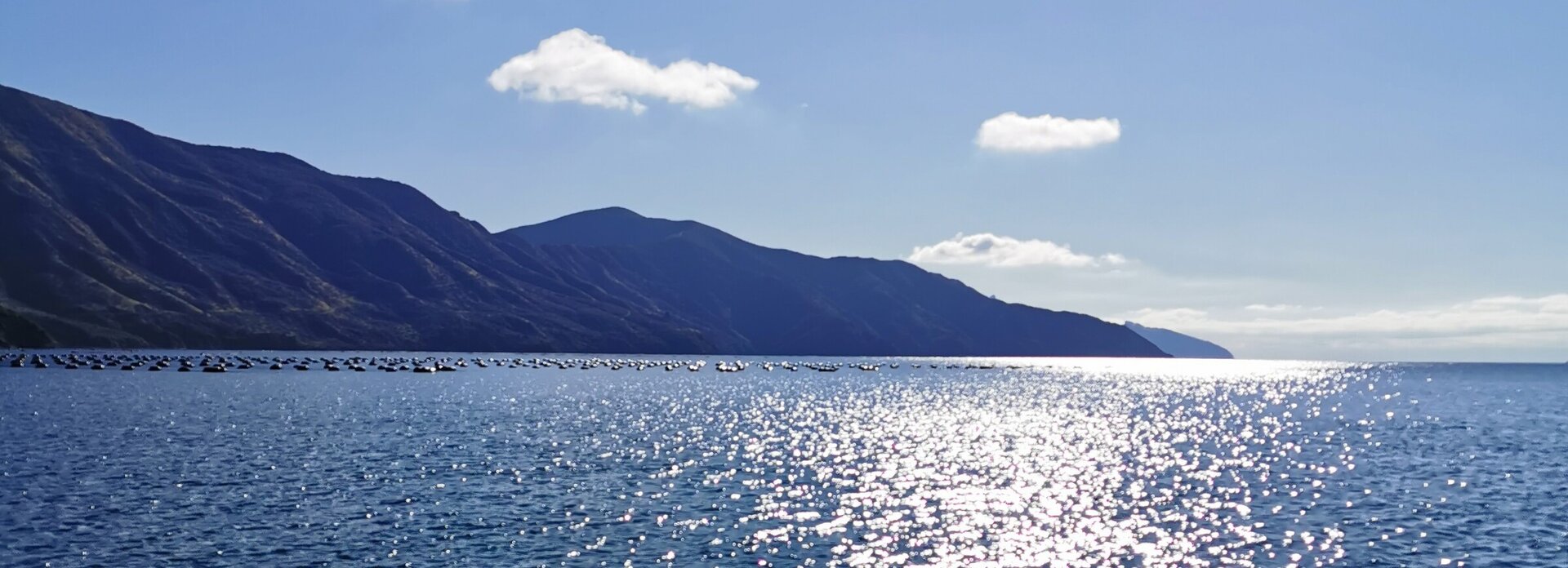We are pleased to announce that Grind the Floats is no longer a project, more a going concern. Over the last two weeks the final trials have been completed and the feedback is that we are ready to go.
Since its inception at the 2018 Smart+Connected workshop in Havelock, the project aimed to develop a commercially viable process for diverting spent floats from landfill. Industry members knew that the ~20kg of polyethylene in each float had value and that recycling was the way to go. There were however two major hurdles to overcome; one was finding a recycler and the other significantly reducing transport costs.
To overcome the considerable cost of transporting the bulky but light whole floats a number of avenues were explored, including investigating a mobile grinding unit capable of shredding floats. Due to the set up cost and environmental concerns, it was then decided to look at ways to get more floats on a truck instead, which led to the development of the half-float frame. With between 60 and 75 full floats per frame and up to 8 frames per truck, that’s the transport sorted.
After countless hours on the phone and some considerable road trips, Darren and the team then partnered with Vision Plastics (who are well known in the mussel industry as a major supplier of float power). From there, Comspec and REPLAS were identified as processors who could take a half-float and turn it into a raw material suitable for Vision Plastics to refine, before ultimately selling it back to the rotomoulding industry.
This is great story of ingenuity and collaboration, not to mention a significant step towards sustainability. Without the hard work of Darren Clarke, James Higgins, Greg Smith and Mike Holland, this project would have never got off the ground. Also, thank you to the teams at Vision Plastics, Comspec, REPLAS, Solly’s and TIL for your support.
For more information on float recycling please contact MFA.
